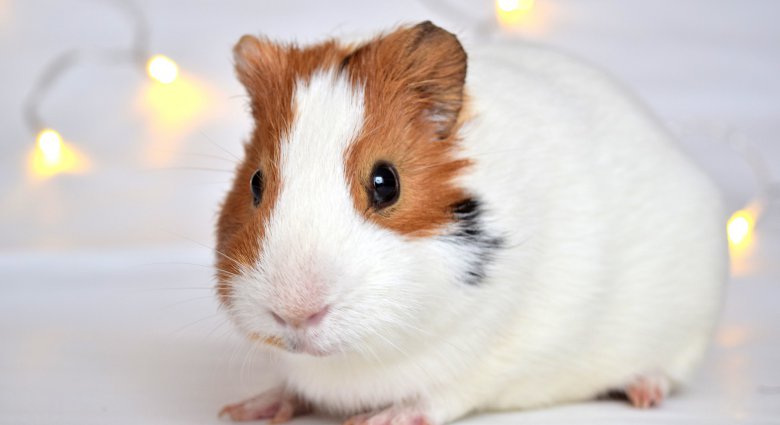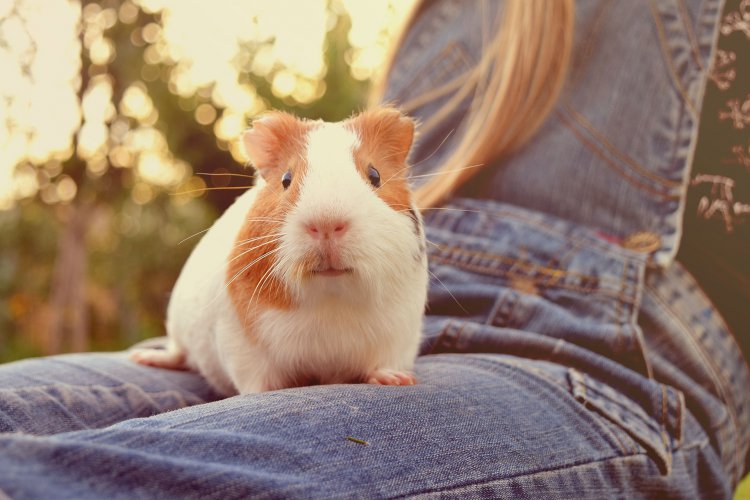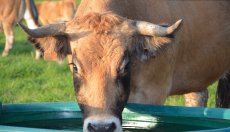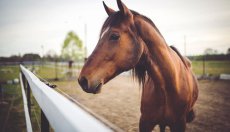
COLD GUINEA-PIG
In any case, it is better to prevent diseases than to cure them. In the case of the guinea pig, there are various types of rules, the knowledge and application of which may protect our pet from unpleasant ailments.
First of all, it is important to think about the positioning of the cage. The place of your choice should not be close to the window or door, as it may be exposed to draughts. Furthermore, it is essential to avoid exposing the animal to varying temperatures, for example by placing the cage on a cold floor or taking it outdoors on windy, cold days.
GUINEA-PIG COLD - SYMPTOMS
The main symptoms of cold in the guinea-pig are mainly apathy, decrease in overall activity and coughing and sneezing. Their appearance should not be underestimated by the owner under any circumstances, as untreated can lead to a much more dangerous pneumonia.
A very important preventive measure is the introduction of an increased dose of vitamin C into the guinea-pig diet. This avoids the shortage of important ingredients and avitaminosis, which usually manifests itself in the form of swelling and bleeding of the gums and cramps of the muzzle. The best product containing vitamin C, which is liked by guinea pigs, is parsley.
GUINEA-PIG COLD
Weakened animals are particularly prone to colds and should therefore be given special care. However, it is important to remember that even the healthiest guinea pig is exposed to disease when the wrong place for the cage is chosen.

GUINEA-PIG COLD - TREATMENT
If the cause of the cold is precisely the positioning of the guinea pig cage in places such as a cold floor or basement, proceed as follows:
- First of all, the cage must be adjusted to remove the source of the cold,
- keep the guinea pig warm,
- Give it products rich in vitamins to strengthen its immune system.
It is also worth paying attention to other diseases, which often affect guinea pigs. An example is conjunctivitis, which is also caused by draughts. This disease is unpleasant, but less dangerous than a cold. If this is the case, similar precautions should be taken and special eye drops can be used after consultation with your vet.
Restrict the fresh-air departure from the guinea-pig only to warm days where the temperature is not below 20 degrees Celsius. Raising an animal away from home increases the risk of disease. Usually, cold alone is not responsible for the formation of a cold, but it is often accompanied by draughts, moisture, significant temperature differences, poor nutrition or general weakness of the guinea-pig. In such a situation, it is therefore necessary to pay more attention to it and to constantly monitor its overall health.
View

The Do’s And Don’t’s Of Livestock Water Troughs

The process of domestication of horses






























